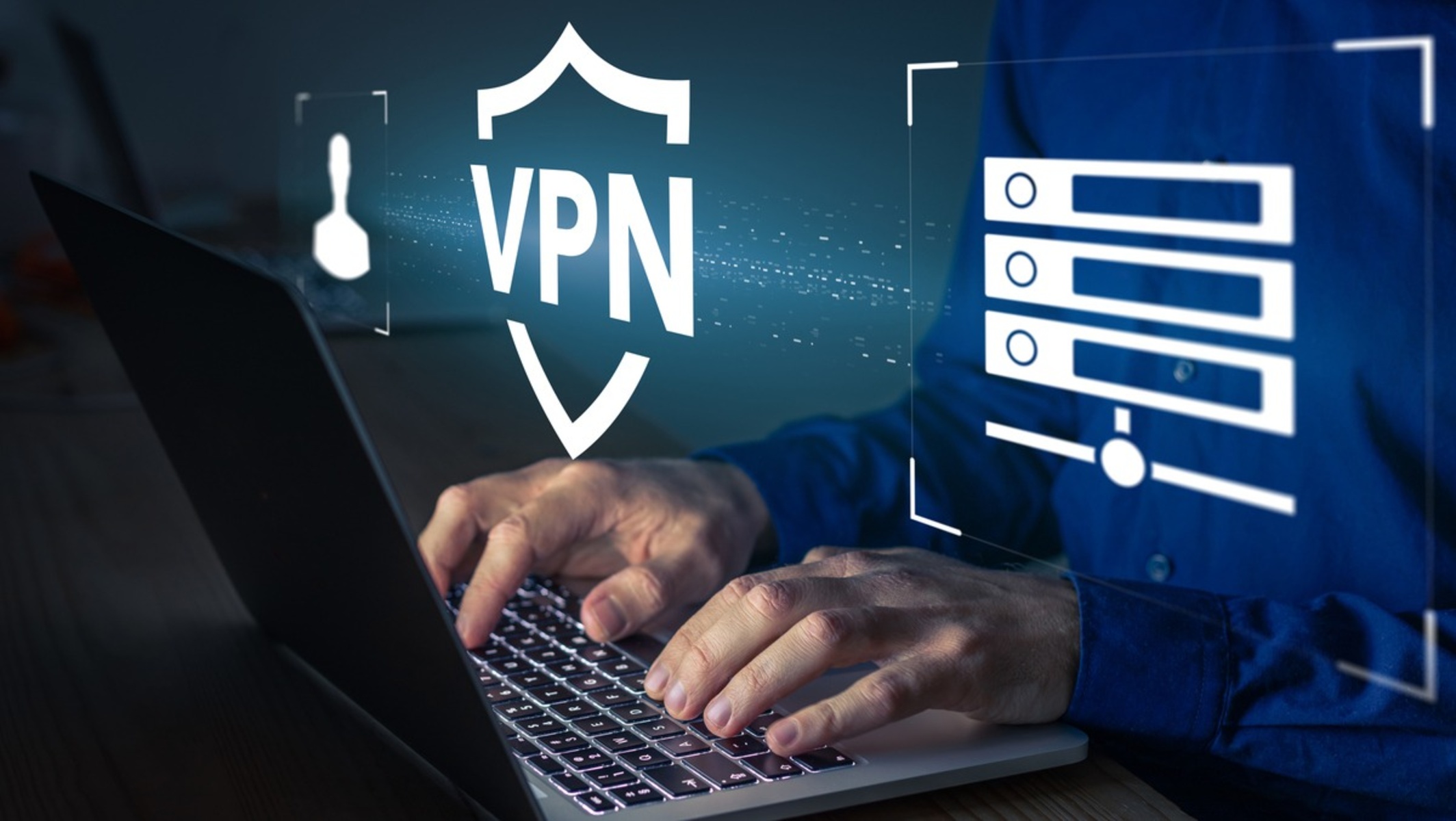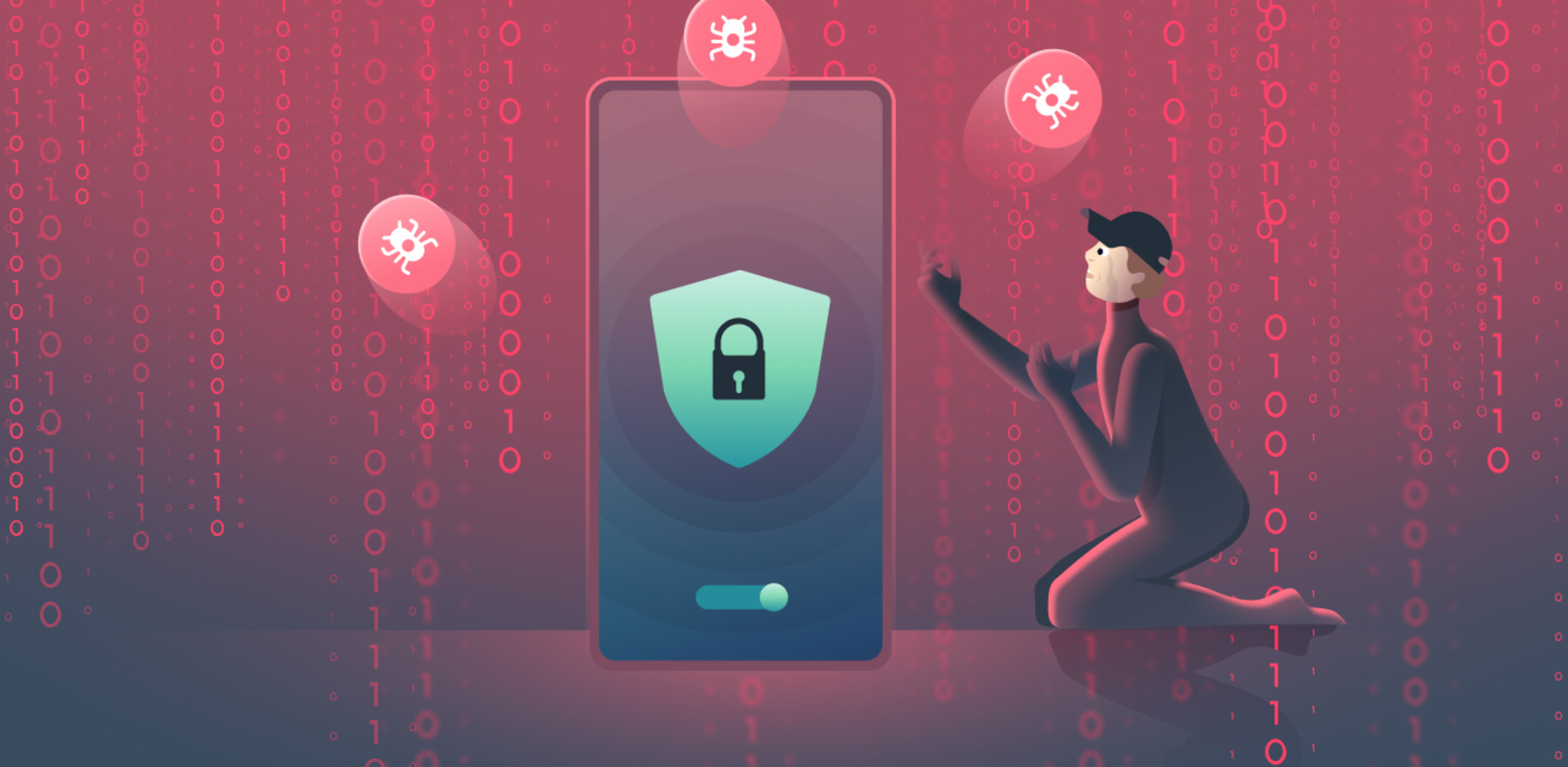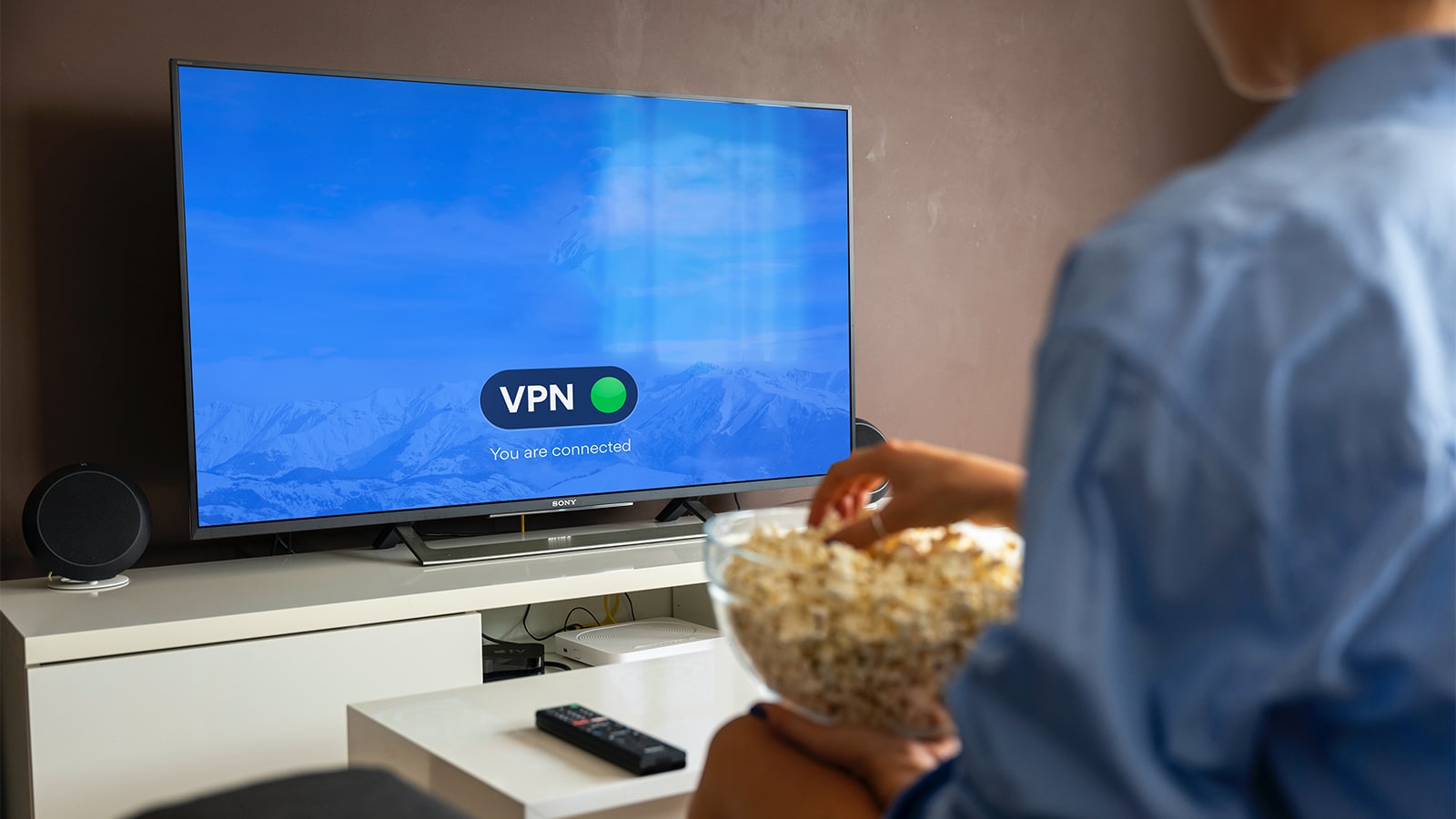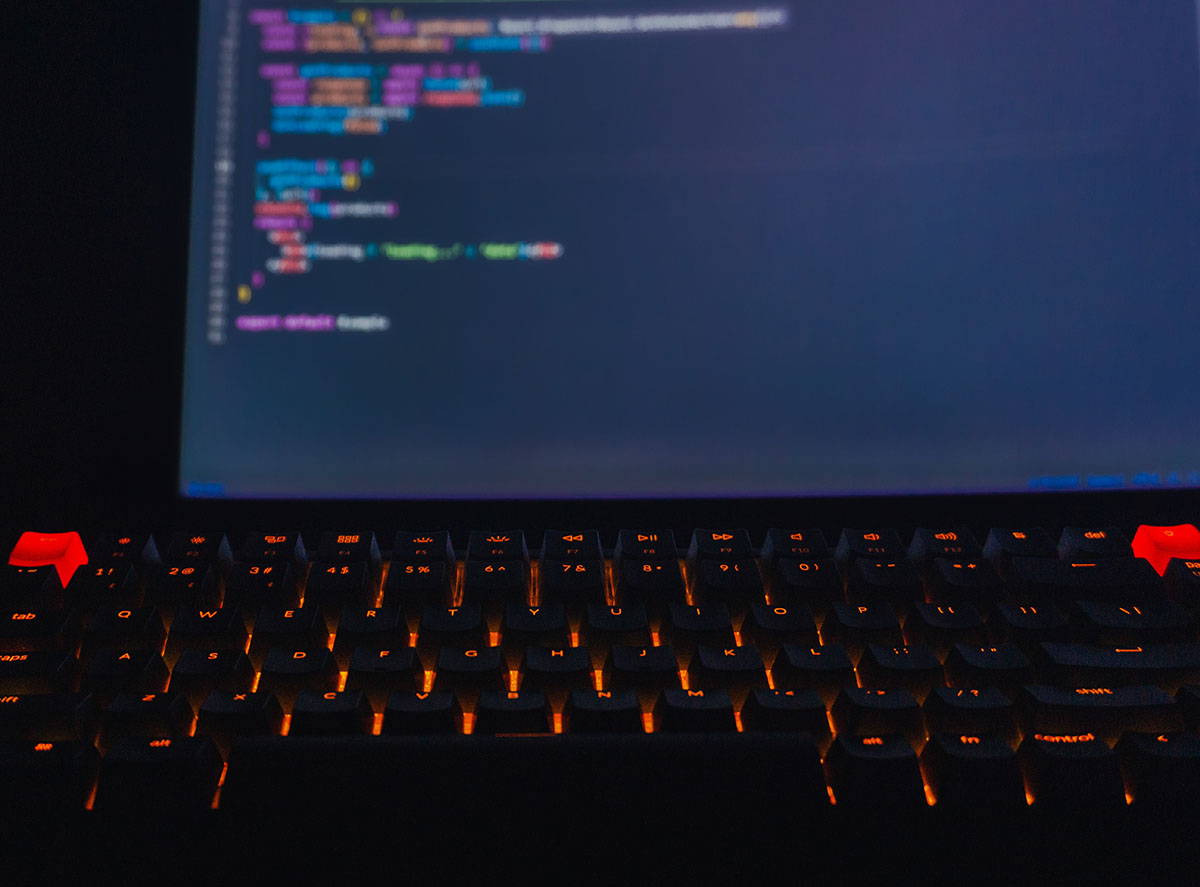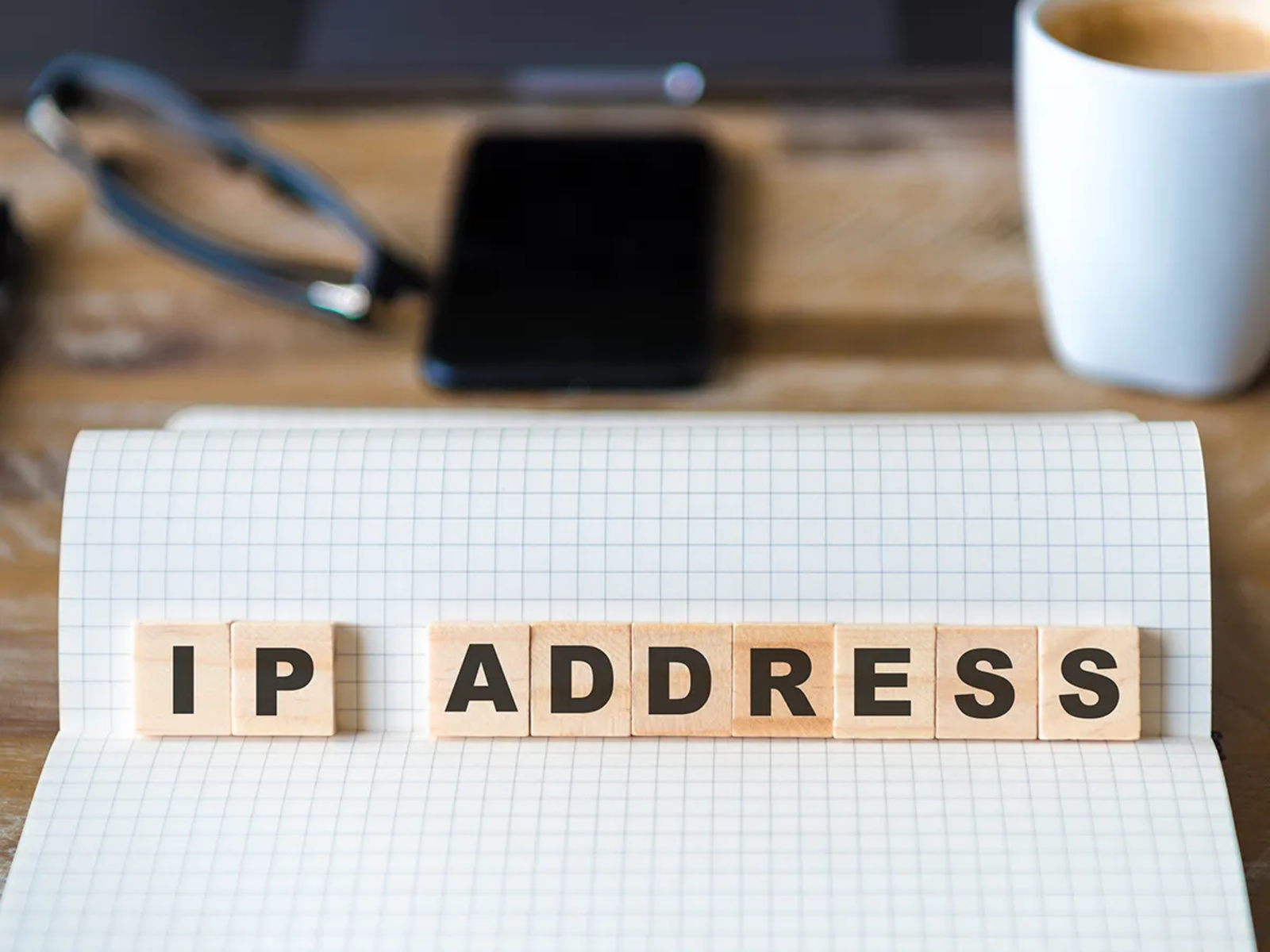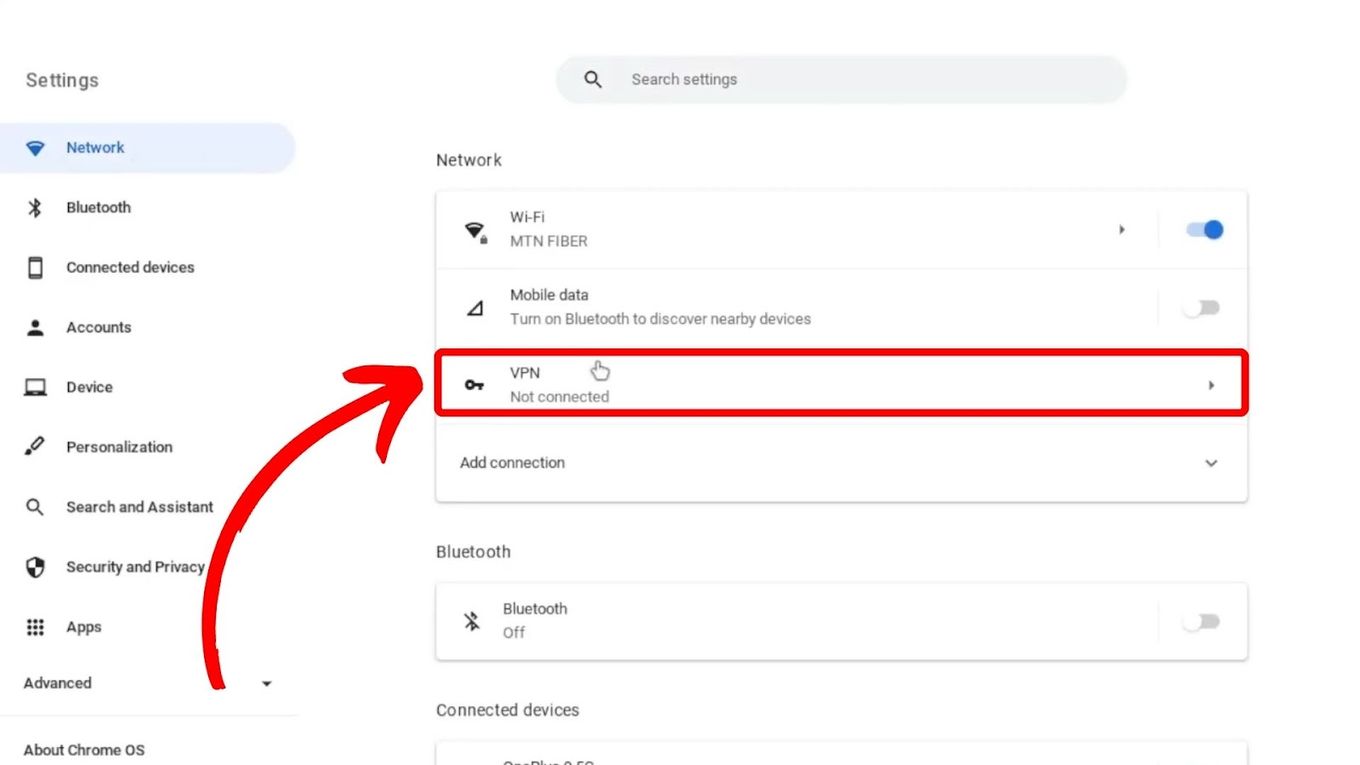It’s hard to spend an hour or two on YouTube without encountering an ad or a paid promotion for a VPN subscription service like NordVPN, ExpressVPN or Surfshark. The companies behind those services usually tell you that a VPN is a great way to browse the web safely and privately. It also lets you watch geo-blocked content, bypass censorship in China or explore the internet without disclosing your IP address. They sometimes even claim that VPNs can help you secure your data.
Key Takeaway
A VPN is a useful tool for specific use cases such as remote access to private networks and bypassing censorship. However, it’s important to be cautious about the potential drawbacks and security risks associated with VPN usage. Understanding the different types of VPNs and their implications can help individuals make informed decisions about their online privacy and security.
What is a VPN?
A VPN is a virtual private network. It lets you remotely connect to a private network. For instance, your office might be using a VPN for remote employees. This way, you can establish a connection with your company’s intranet and use your computer as if it were in the office. You’re virtually in the office, just like when you’re connected to the company’s Wi-Fi network with your laptop.
Do I need a VPN?
There are several reasons why you might think you need to use a VPN. You may want to work from home and be able to access the file servers and internal tools that you regularly use in the office. Or if you’re living in a country with internet restrictions, a VPN could be used to bypass censorship. Or maybe you just want to access a video streaming service that isn’t available in your country.
Reasons why you don’t need a VPN
But there are a few drawbacks as well. When you use a VPN connection, all network traffic goes through the VPN, including your internet traffic. Your company’s IT service could enforce strict browsing rules and prevent you from using YouTube. Or they could even watch and record your internet browsing habits to find a good excuse to fire you later down the road (too much Reddit, kthxbye).
Will a VPN make me anonymous on the internet?
This was a serious issue a few years ago. Many websites didn’t use a secure connection on their login page. Hackers could get your bank account’s login and password and steal all your money. Not using the Wi-Fi network at all was the best way to avoid that. But if you really needed to check your email account, you could use a trustworthy VPN server to prevent snooping — nobody can see what’s happening in the tunnel.
Types of VPNs
VPN for remote access: This would be a perfectly fine tool to have. But make sure you disable the VPN connection before taking a break, because your company could see how much time you spend on social networks and other non-work services. VPN for developers: Developers use VPN technology all the time to access remote servers or create a site-to-site VPN connection so that these servers can talk to each other. It’s like bringing different computers to the same room, even if they’re thousands of miles apart. VPN services and mobile VPN apps: These could be used to bypass censorship or access geo-blocked content. But don’t leave them on all the time as it’s a security risk — the service provider handles all your internet traffic. If you never feel like you can’t access a service because it’s blocked, you don’t need to subscribe to a VPN service.









